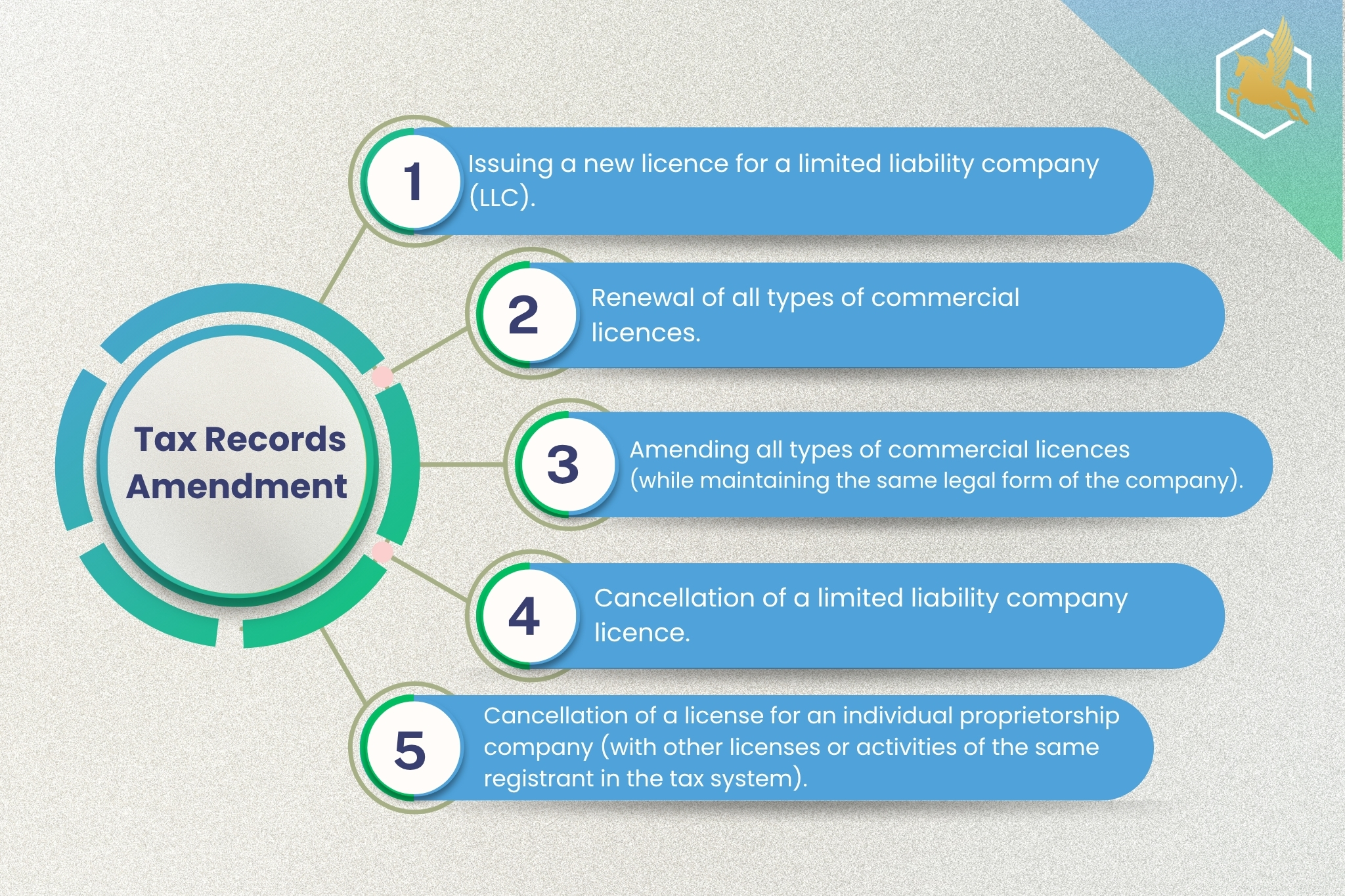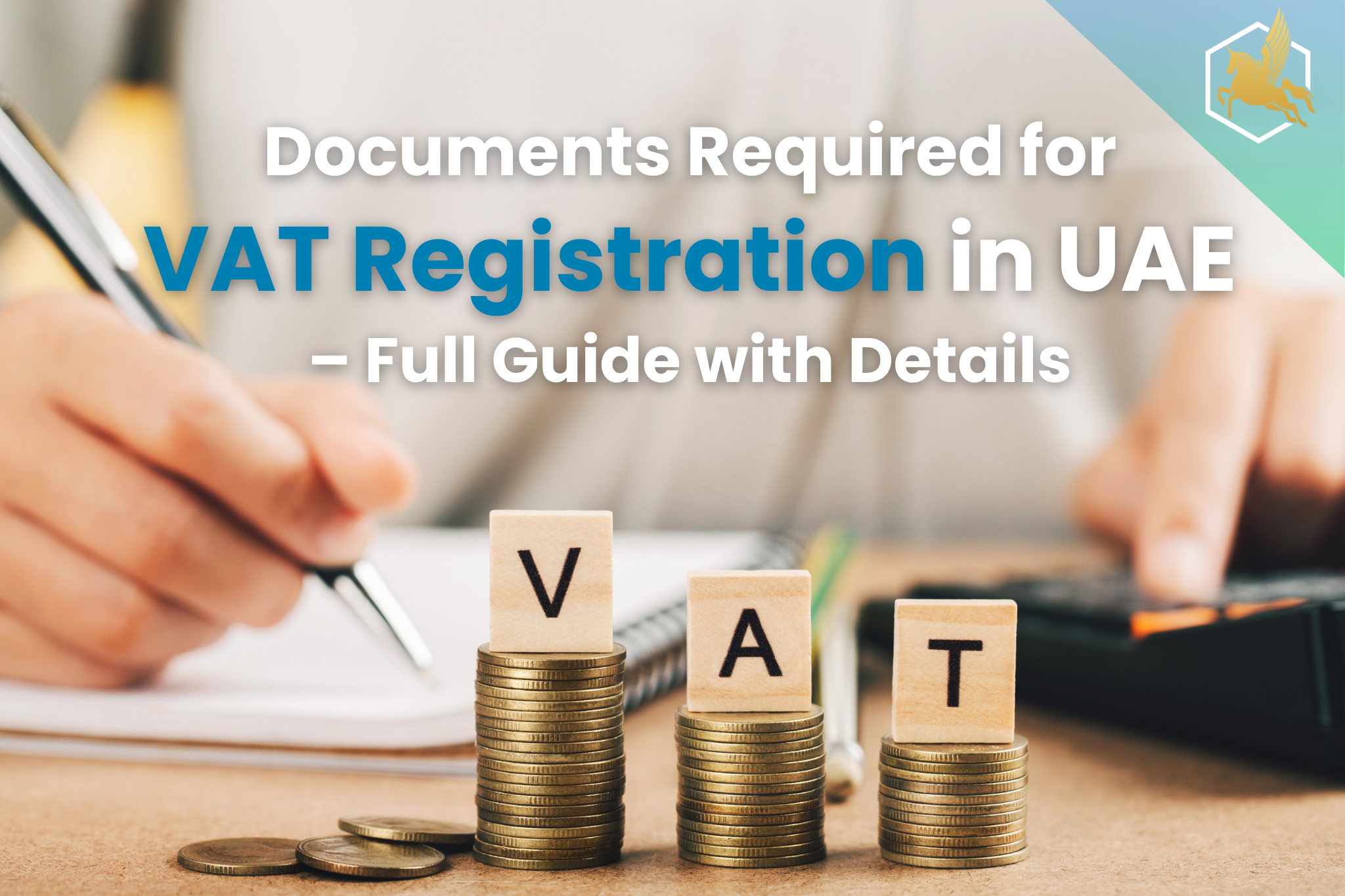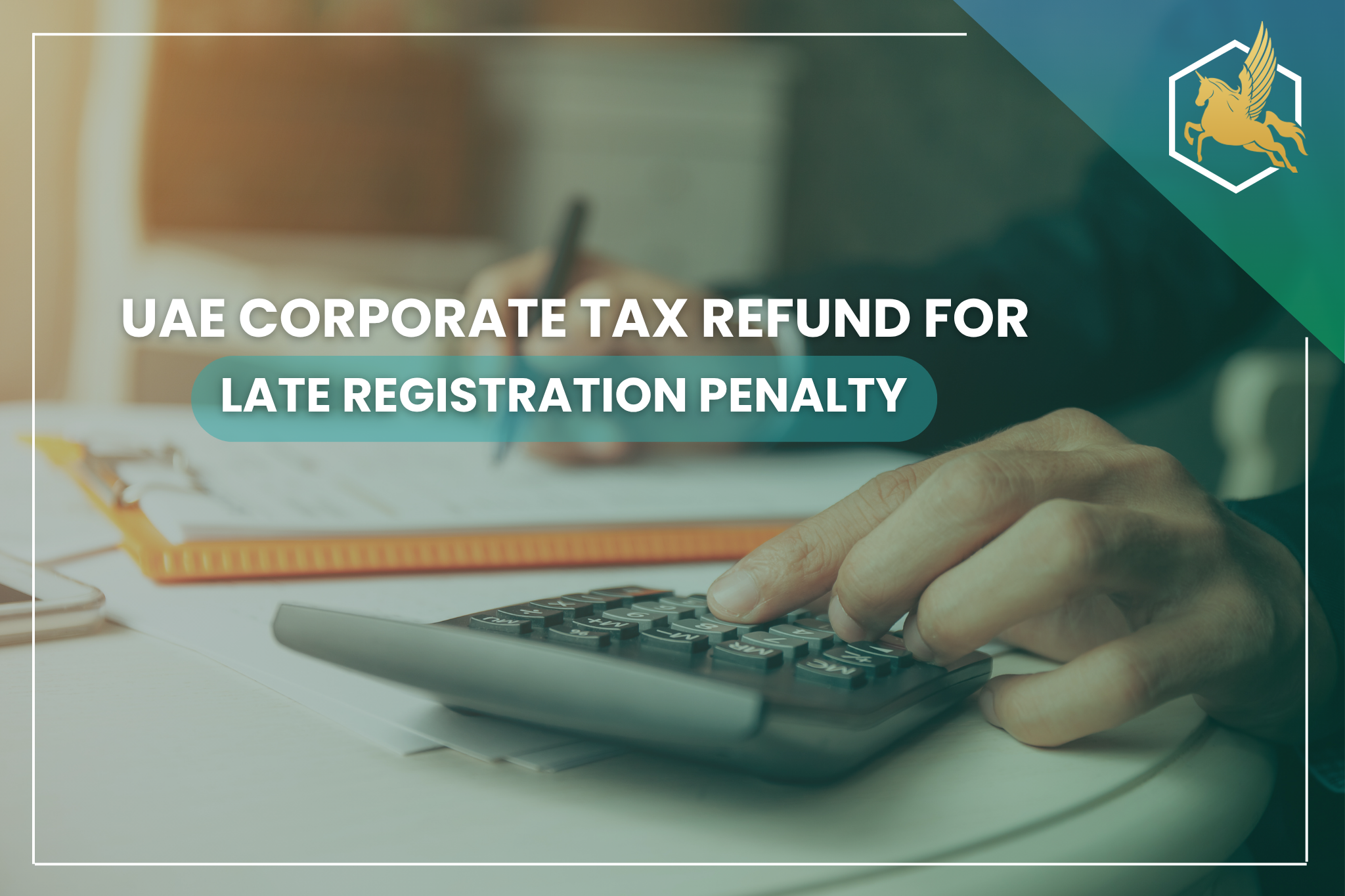The UAE has long been a hub for business and trade, attracting enterprises worldwide with its favorable tax regime. Its relatively low tax rates make it an enticing destination for businesses looking to expand or establish a presence in the Middle East. However, navigating the UAE’s corporate tax landscape involves understanding specific rules and regulations.
This blog explores the UAE corporate tax background, including pre-2018 scenarios and the introduction of VAT in 2018. We’ll also delve into the compliance requirements for mainland companies and free-zone businesses and discuss emerging trends in the UAE’s corporate tax landscape. Whether you’re an existing business owner or planning to start one in the UAE, this post provides essential insights into the country’s corporate tax framework.

Tracing the UAE Corporate Tax Landscape
The UAE’s taxation landscape has evolved significantly with the introduction of corporate tax, aligning the country with international tax standards. The corporate tax regime, overseen by the Federal Tax Authority, is crucial for businesses operating in the UAE. Professional advice is essential for multinational corporations navigating this complex landscape, especially those operating in the Middle East and the Gulf Cooperation Council (GCC) region.
The Tax Scenario Pre-2018
Before 2018, the UAE operated without a corporate tax regime, attracting substantial foreign investment and large companies. The introduction of corporate tax marked a significant transformation, aligning the UAE with international tax standards and ensuring compliance with OECD base erosion principles under the Ministry of Finance and the GCC framework.
The Advent of VAT in 2018
The implementation of VAT in 2018 diversified the UAE’s tax regime and shifted the tax structure significantly. This change emphasized VAT compliance for businesses, aligning the country with international standards and the OECD base erosion framework.
Understanding UAE Mainland Companies
Mainland companies, integral to the UAE business environment, operate outside free zones and must comply with corporate tax laws. Understanding their primary characteristics is crucial for businesses navigating the UAE corporate tax regime. These companies adhere to international standards set by the Ministry of Finance, shaping the corporate income tax landscape in line with OECD base erosion norms.
Defining Mainland Companies
Mainland companies in the UAE are subject to corporate tax laws and specific business activity regulations. They face foreign ownership restrictions, making it essential for businesses operating in the Middle East to understand these aspects. The Ministry of Finance aligns the corporate income tax with international standards, including those set by the OECD base erosion and profit shifting (BEPS) project.
Primary Characteristics of Mainland Companies
Mainland companies can engage in business activities across the UAE but are significantly impacted by regulations surrounding real estate ownership. Adhering to international standards is crucial for these companies, given the dynamic corporate tax landscape in the Middle East and GCC region. The UAE’s corporate tax regime aligns with OECD principles, influencing the corporate income tax structure.
Corporate Tax Compliance: A Look at Mainland Companies
Mainland companies in the UAE must adhere to compliance requirements, including tax calculation for taxable profits and transfer pricing regulations. Following these requirements is essential for corporate tax compliance in line with international standards set by the OECD. The Ministry of Finance governs the corporate tax regime, ensuring mainland companies operate within the GCC and Middle East regulations.
Essential Compliance Requirements
Mainland companies in the UAE must file corporate tax returns annually, affecting their financial transactions. Non-compliance with tax laws can lead to significant financial penalties. The Ministry of Finance oversees the UAE corporate tax regime, ensuring alignment with international standards and the GCC tax framework.
Penalties for Non-compliance
Non-compliance with corporate tax regulations can result in severe financial penalties for mainland companies. Failure to meet tax filing deadlines impacts their taxable income and overall financial position. Adhering to international standards and the UAE corporate tax regime is crucial to avoid penalties and maintain compliance.
Do Free Zone Businesses Fall Under Corporate Tax?
Free zone businesses in the UAE enjoy tax exemptions, differentiating them from mainland companies. Understanding the tax regime for free zone businesses is crucial for foreign investors. These zones offer corporate tax benefits, making them attractive for small businesses and investment funds.
Defining Free Zone Businesses
Free zone businesses in the UAE are entities located in special economic zones, offering tax exemptions and foreign ownership privileges. They benefit from 100% foreign ownership, no corporate tax, and simplified import/export procedures. However, they are subject to taxation if they operate outside the free zone.
Free Zone Businesses and Corporate Tax Implications
Free zone businesses typically enjoy corporate tax exemptions within their zones. However, conducting business outside these zones brings corporate tax implications aligned with international standards. Understanding corporate tax laws is crucial for free zone businesses aiming to expand outside these zones.
Calculating Corporate Tax for Mainland Companies
Mainland companies in the UAE calculate corporate tax based on their taxable profits, complying with federal corporate tax rates and regulations. The calculation process involves determining taxable income and considering deductions and exemptions allowed by law. Accurate calculation and reporting of tax liabilities are mandated under the corporate tax regime.
The Tax Calculation Process Explained
The tax calculation process for mainland companies involves computing net income, applying the federal corporate tax rate, and deducting allowable expenses. Adhering to tax authority guidelines is essential for precise tax calculation and compliance with international standards.
Examples of Corporate Tax Calculation
Determining taxable profits, applying the corporate tax rate, and filing corporate tax returns are integral to the calculation process for mainland companies. Accurate calculations showcase financial implications, ensuring compliance with Ministry of Finance regulations and OECD guidelines.
The Process of Tax Filing and Registering
Mainland companies in the UAE must undergo tax filing and registering, including submitting corporate tax returns and financial statements to the tax authority. This involves reporting taxable income, tax exemptions, and corporate tax liabilities to ensure compliance with tax laws.
Timeframe for Tax Calculation
Mainland companies assess taxable income and corporate tax liabilities annually, aligning with the financial year. Understanding this timeframe enables companies to plan and prepare for tax obligations, ensuring timely submission of corporate tax returns.
Steps Involved in Tax Filing and Registering
The tax filing and registering process for UAE mainland companies involves gathering financial records, preparing corporate tax returns, and submitting them to the tax authority. Compliance with corporate tax regime rules is crucial for fulfilling tax obligations and maintaining compliance.
How Can Mainland Companies Stay Competitive with Corporate Tax?
Mainland companies can stay competitive with corporate tax by seeking professional advice, utilizing tax exemptions, and optimizing their tax structure. Strategic tax planning and compliance enhance competitiveness, mitigate risks, and maximize benefits. Adhering to international standards and regulations strengthens their position
Strategic Approaches to Corporate Tax
Implementing tax-efficient structures and transfer pricing strategies enables UAE mainland companies to manage corporate tax strategically, aligning with international standards and regulations. Professional advice and expertise play a pivotal role in navigating the corporate tax regime.
Examples of Successful Tax Strategies
Effective management of taxable profits and adherence to international tax standards ensure compliance with global tax laws. Professional advice on UAE corporate tax from the Ministry of Finance guides companies towards greater tax compliance and competitiveness.
Emerging Trends in UAE Corporate Tax Landscape
The UAE’s corporate tax landscape continues to evolve, reshaping the country’s taxation framework. New corporate tax laws align the region with international standards, impacting the taxation of corporations and influencing business environments.
How Will UAE’s Corporate Tax Shape the Future Business Landscape?
The introduction of corporate tax in the UAE has attracted foreign investment and influenced the business environment. Changes in the corporate tax landscape will continue to shape the future business landscape, affecting multinational corporations and their financial transactions.
Conclusion
Understanding the UAE corporate tax landscape is crucial for businesses operating in the region. The introduction of VAT in 2018 marked a significant shift, and mainland companies have specific compliance requirements to meet. Free zone businesses have different corporate tax implications.
Calculating and filing corporate tax can be complex, but following the necessary steps and seeking professional advice ensures compliance. Strategizing to stay competitive in the face of corporate tax is essential for businesses. Adopting successful tax strategies helps navigate the ever-changing tax landscape and maintain competitiveness.
The UAE’s corporate tax policies will continue to shape the business landscape. Staying informed about emerging trends and adapting to new regulations will be essential for businesses to thrive in this dynamic environment.
For expert guidance on navigating the UAE’s corporate tax landscape, trust Unicorn Global Solutions. Our professionals have extensive experience in business formation and corporate tax compliance, ensuring your business meets all regulatory requirements and remains competitive. Contact us today to learn how we can support your business growth in the UAE. Text us on WhatsApp or call us today.






